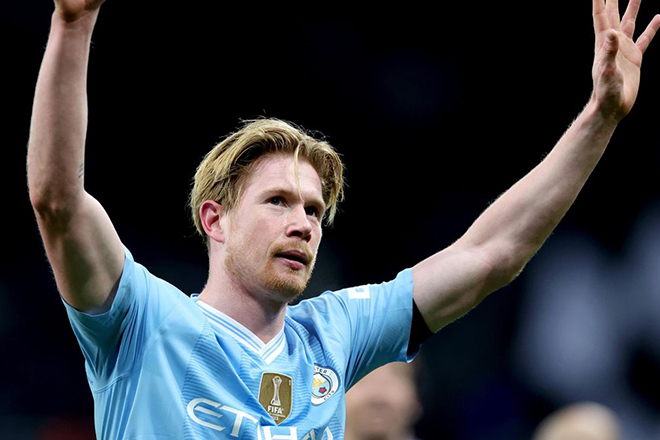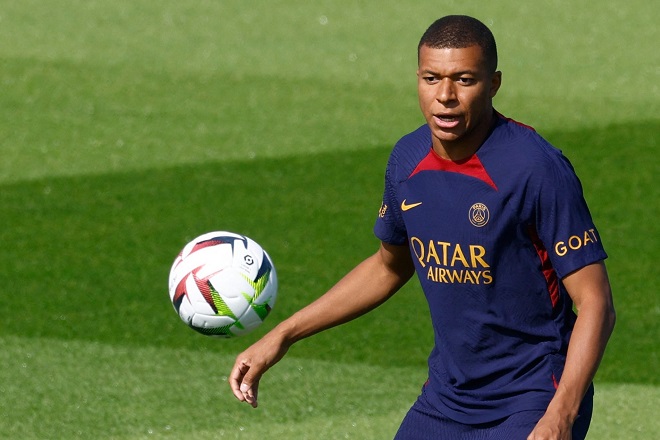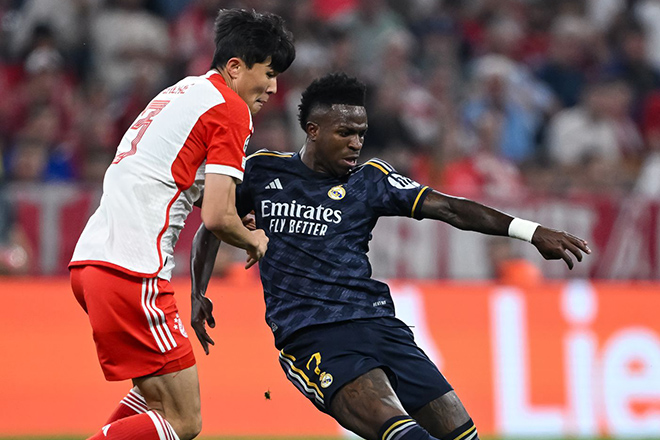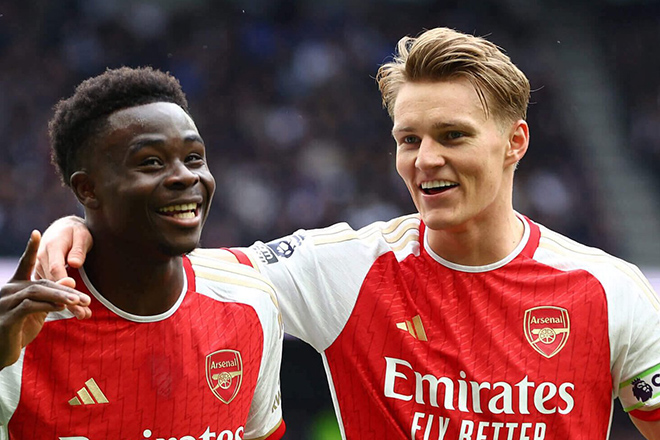The top two teams in Portugal, Benfica and FC Porto, both play this Saturday, but for many fans in this football-obsessed country, it is events in neighbouring Spain that will take centre stage.
The Portuguese press and TV reserve plenty of space and airtime for foreign football, naturally focusing on teams and leagues that contain a strong Portuguese connection.
And with the likes of Luis Figo, Rui Costa, Fernando Couto, Paulo Sousa, Deco, Ricardo Carvalho, Cristiano Ronaldo and Nani gracing Europe’s top clubs in the last decade and a half, it is hardly surprising that your average Portuguese football fan is extremely knowledgeable about the top leagues all over the old continent.
The above list is just a select sample of how this small nation has produced a disproportionate number of some of the game’s greatest players in recent times. Nowadays, hot on the heels of this production line, has come another phenomenon. José Mourinho is the standard bearer as Portuguese coaches have followed in the footsteps of their compatriots on the pitch to land some of the world’s top club management jobs.
Carlos Queiroz and André Villas-Boas have had stints at clubs where European as well as domestic domination is the goal. But Mourinho’s unstinting success at FC Porto, Chelsea, Inter Milan and Real sets him apart.
And in his homeland, he is also put on a pedestal, ahead of other hugely successful exports. Despite Ronaldo’s phenomenal achievements on the field of play, if pushed most Portuguese people would say it is Mourinho who they are most proud of. Why?
It’s a commonly noted trait that most of Portugal’s millions of emigrants blend into their new surroundings with little difficulty, earning a reputation as easily adaptable, hard workers. This tendency to merge into their adopted society rather than fiercely fighting to keep hold of their customs and traditions contrasts with other large emigrant groups. It is sometimes interpreted as a lack of self-esteem in relation to their home country. Long-gone are the glories of past centuries. All too often Portugal only hits the international headlines because of its economic woes.
Mourinho flies in the face of an attitude of not wanting to ruffle feathers. Quite the contrary, he repeatedly and unashamedly draws attention to the fact he is Portuguese and his country made him what he is. Both in Italy and Spain he has even intimated on more than one occasion that if his nationality was different he would be afforded more respect.
It is as much for these reasons, as well as being a born winner, that Mourinho is revered to such a degree both in Portugal and by the Portuguese Diaspora all around the world.
So while this Barcelona team have wooed millions with their all-conquering brand of tiki-taka football, expect those of a Portuguese persuasion to be cheering for the All Whites in tonight’s El Clasico.
And with the likes of Luis Figo, Rui Costa, Fernando Couto, Paulo Sousa, Deco, Ricardo Carvalho, Cristiano Ronaldo and Nani gracing Europe’s top clubs in the last decade and a half, it is hardly surprising that your average Portuguese football fan is extremely knowledgeable about the top leagues all over the old continent.
The above list is just a select sample of how this small nation has produced a disproportionate number of some of the game’s greatest players in recent times. Nowadays, hot on the heels of this production line, has come another phenomenon. José Mourinho is the standard bearer as Portuguese coaches have followed in the footsteps of their compatriots on the pitch to land some of the world’s top club management jobs.
Carlos Queiroz and André Villas-Boas have had stints at clubs where European as well as domestic domination is the goal. But Mourinho’s unstinting success at FC Porto, Chelsea, Inter Milan and Real sets him apart.
And in his homeland, he is also put on a pedestal, ahead of other hugely successful exports. Despite Ronaldo’s phenomenal achievements on the field of play, if pushed most Portuguese people would say it is Mourinho who they are most proud of. Why?
It’s a commonly noted trait that most of Portugal’s millions of emigrants blend into their new surroundings with little difficulty, earning a reputation as easily adaptable, hard workers. This tendency to merge into their adopted society rather than fiercely fighting to keep hold of their customs and traditions contrasts with other large emigrant groups. It is sometimes interpreted as a lack of self-esteem in relation to their home country. Long-gone are the glories of past centuries. All too often Portugal only hits the international headlines because of its economic woes.
Mourinho flies in the face of an attitude of not wanting to ruffle feathers. Quite the contrary, he repeatedly and unashamedly draws attention to the fact he is Portuguese and his country made him what he is. Both in Italy and Spain he has even intimated on more than one occasion that if his nationality was different he would be afforded more respect.
It is as much for these reasons, as well as being a born winner, that Mourinho is revered to such a degree both in Portugal and by the Portuguese Diaspora all around the world.
So while this Barcelona team have wooed millions with their all-conquering brand of tiki-taka football, expect those of a Portuguese persuasion to be cheering for the All Whites in tonight’s El Clasico.





























